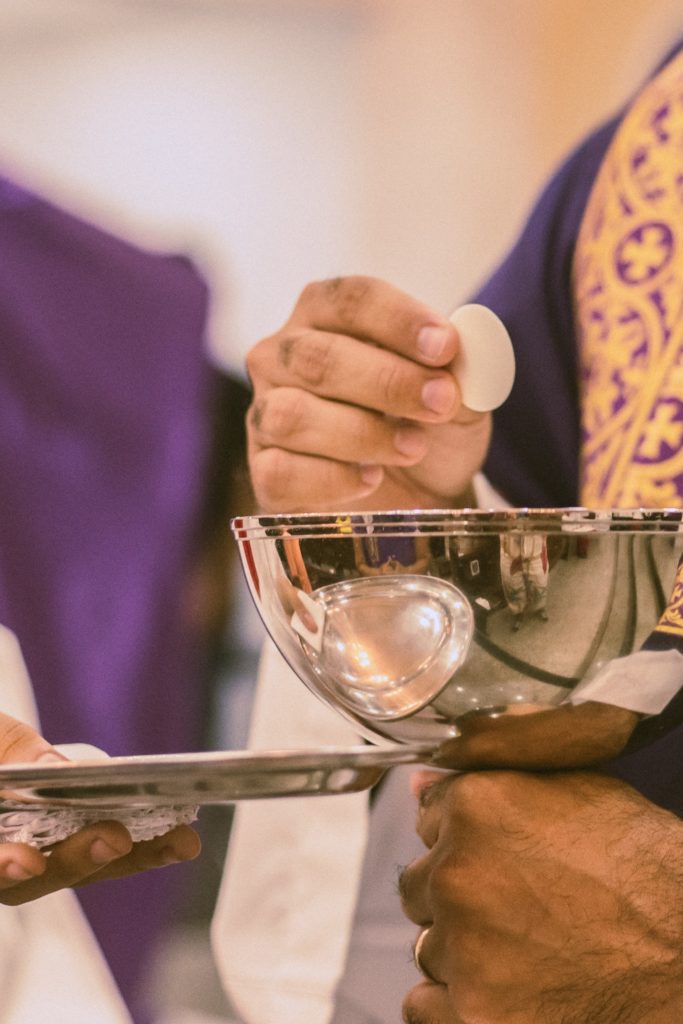Pastoral Formation Program
The theoretical part of the program includes the theology of proclamation, formal homiletics, and theory of Catechetics, applied sociology, communication, counselling and administration. Pre-supposed are other courses offered in the seminary curriculum, such as General Psychology, Sociology and Anthropology on the one hand, and Christology, Ecclesiology and Liturgy on the other.
The practical aspect of the program comprises teaching Catechetics, preparing liturgies and paraliturgies in the schools, visiting the hospitals, prisons, aged, and crippled children. The students are taught the practical use of mass media and the traditional course in the administration of the sacraments. They are also expected to do some preaching both in and out of the college/seminary.
Furthermore, a full year is spent away from the seminary especially for pastoral training and formation in the designated parish as decided by the Rector. This year, known as the Pastoral Training and Formation Year, is normally carried out in the final year of the student’s academic formation.
Pastoral Training and Formation Year
The pastoral training and formation of students during each year is carried out under the supervision of the Diocesan Coordinator whom the Archbishop appoints for the diocese. The Coordinator sees to it that sufficient and useful opportunities are offered to the students not only to experience the actual situation to which they will eventually return, but also to learn from that experience through a process of reflection. Student’s will write a Reflection paper to record such experiences.

The individual’s experience, whether it be personal or pastoral, is the starting point for this reflection. The purpose of this reflection is to help students come to a clearer understanding of:
- themselves as ministers,
- how they relate to people,
- their ministerial strengths and weaknesses,
- and their areas of need and growth.
It is hoped that by listening to the experiences of others they will discover alternative ways of ministering. Through the help of the facilitator, the participants are led to integrate theory and practice.
The program is always subject to re-examination and revision.
QUESTIONS?
Whether you are interested in learning more about your faith or wish to pursue a career in ministry or pastoral areas you will find something at Moamoa Theological College and Seminary to meet your needs. We’re here to answer any questions.
